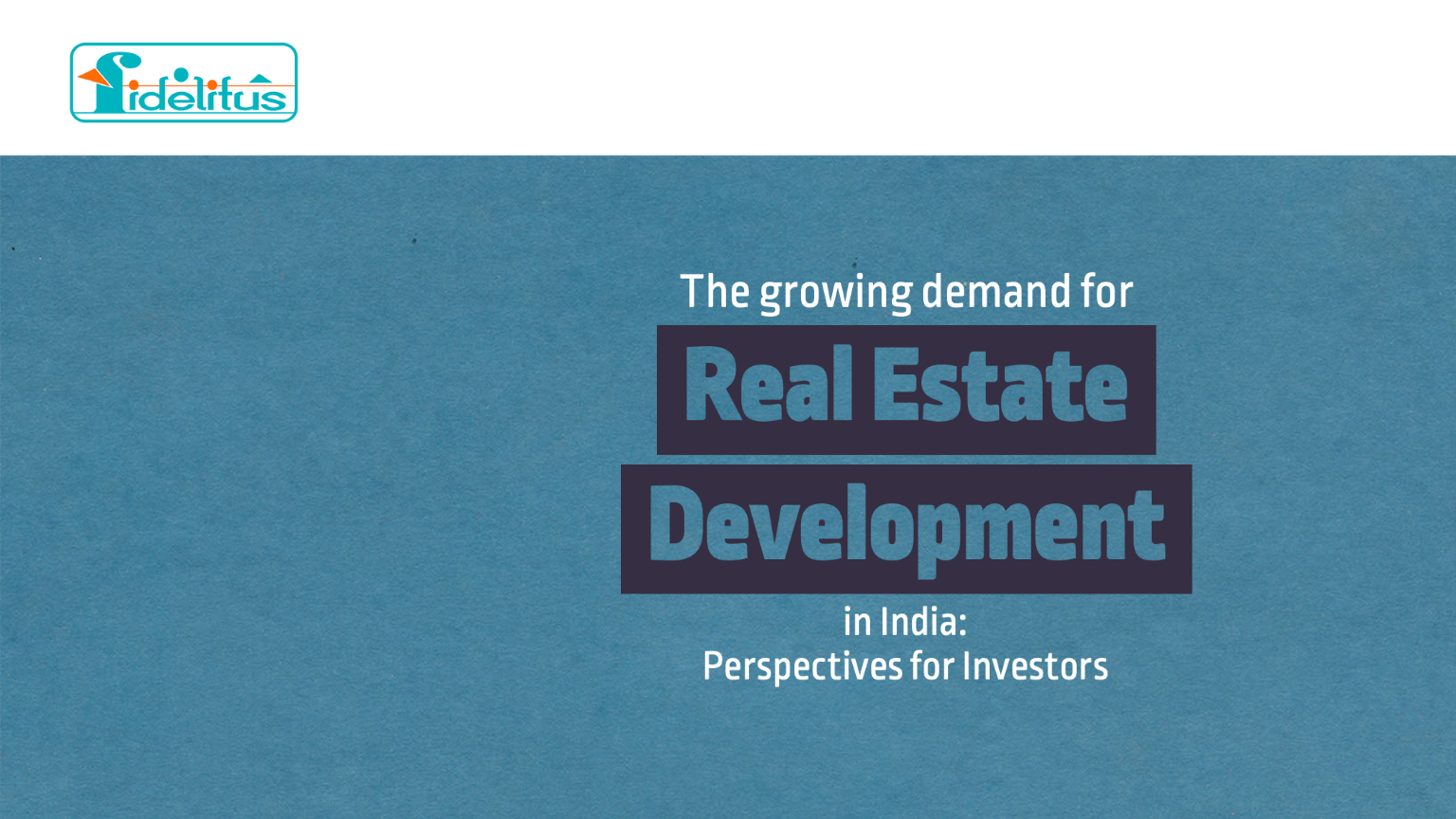
Opportunities for Investors:
1. High Returns on Investment
Investors in real estate development in India are likely to see high returns on their investments due to the growing demand for real estate in the country. The increase in demand is primarily driven by factors such as population growth, urbanization, and the rise of the middle class. Additionally, the Indian government has implemented various policies and incentives to encourage real estate development, such as the Real Estate (Regulation and Development) Act, 2016, and the Pradhan Mantri Awas Yojana (PMAY) scheme.
2. Availability of Financing Options
Investors can access a variety of financing options to fund their real estate development projects in India, including bank loans, private equity, and foreign direct investment. In recent years, the Indian government has also taken several steps to ease foreign investment restrictions in real estate development, making it easier for foreign investors to invest in the sector.
3. Growth in Tier 2 and 3 Cities
The growth in demand for real estate development in India is not limited to metropolitan cities. Tier 2 and 3 cities in India are also experiencing a surge in demand for real estate due to factors such as increased economic activity, infrastructure development, and rising incomes. Investors can take advantage of this trend by investing in real estate projects in these cities, which often offer higher returns on investment compared to metropolitan cities.
Rising to the Challenge: How Real Estate Investors in India Can Turn Obstacles into Opportunities”
1. Regulatory Environment:
While the regulatory environment in India can be challenging, it is also becoming more streamlined and transparent. The government has implemented various policies and initiatives to make the real estate sector more investor friendly, such as the Real Estate (Regulation and Development) Act, 2016, and the Digital India initiative. Additionally, the government has made significant efforts to simplify the approval process for real estate projects, which canreduce delays and make the process more efficient.
2. Land Title Disputes: While land title disputes can be a significant challenge for investors, there are also opportunities to find undervalued properties and negotiate favourable deals. By conducting thorough due diligence and partnering with reputable local developers and legal experts, investors can mitigate the risks associated with land title disputes and acquire high-quality properties at lower prices.
3. Market Fluctuations:
Market fluctuations are a natural part of any investment, and real estate in India is no exception. However, these fluctuations can also present opportunities for investors to acquire assets at lower prices and generate higher returns over the long-term. By staying up-to-date with the latest market trends and developments, investors can identify opportunities to enter or exit the market at the right time, maximizing their returns.
Trends and Developments in the Indian Real Estate Market:
1. Technology Adoption:
The Indian real estate market is embracing technology, with the use of tools such as virtual reality, artificial intelligence, and blockchain. These technologies are being used to improve the efficiency and transparency of real estate transactions, as well as to enhance the customer experience.
2. Sustainable Development:
Sustainable development is becoming increasingly important in the Indian real estate market, with
developers focusing on green building practices and environmentally friendly materials. The Indian government has also implemented various policies and incentives to encourage sustainable development, such as the Energy Conservation Building Code (ECBC).
3. Co-Living and Co-Working Spaces:
Co-living and co-working spaces are gaining popularity in India, particularly among millennials and young professionals. These spaces offer affordable and flexible accommodation and work options, as well as a sense of community and networking opportunities. Investors can take advantage of this trend by investing in real estate projects that cater to the needs of this demographic.

Real estate development in India presents a significant opportunity for investors, with high returns on investment and a growing demand for real estate in the country. However, investors need to be aware of the challenges and risks involved, such as regulatory environment, land title disputes, and market fluctuations. By conducting thorough due diligence, having a long-term investment strategy in place, and keeping up-to-date with the latest trends and developments in the Indian real estate market, investors can capitalize on the opportunities presented by the growing demand for real estate in India.
As the Indian economy continues to grow and develop, the real estate sector is expected to play a key role in supporting this growth. With the right investment strategy and approach, investors can be well-positioned to take advantage of the opportunities presented by the Indian real estate market.










